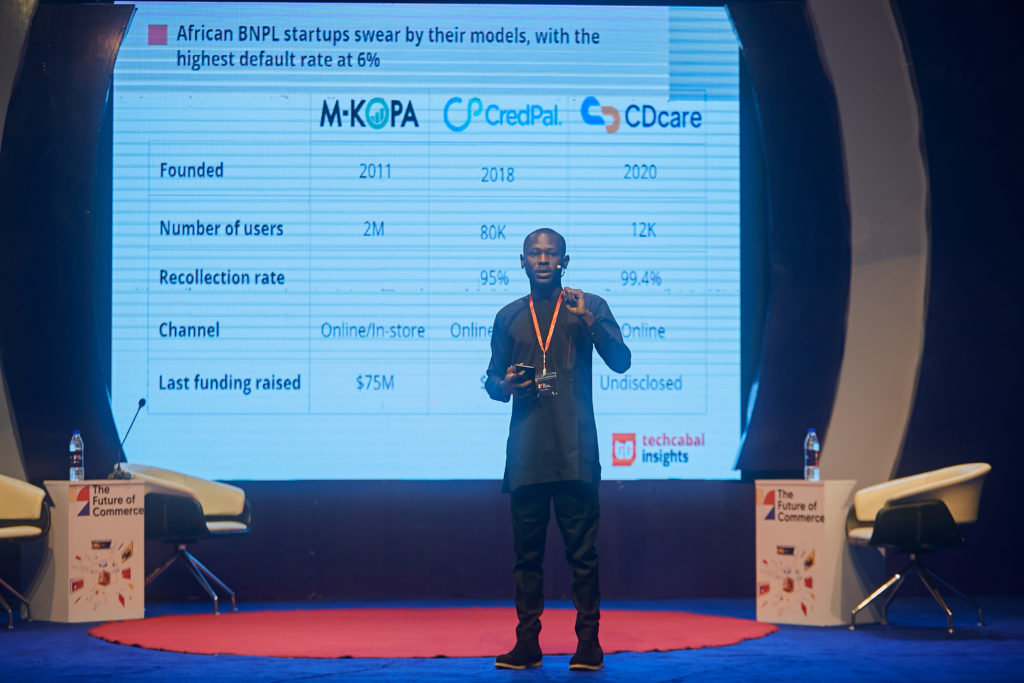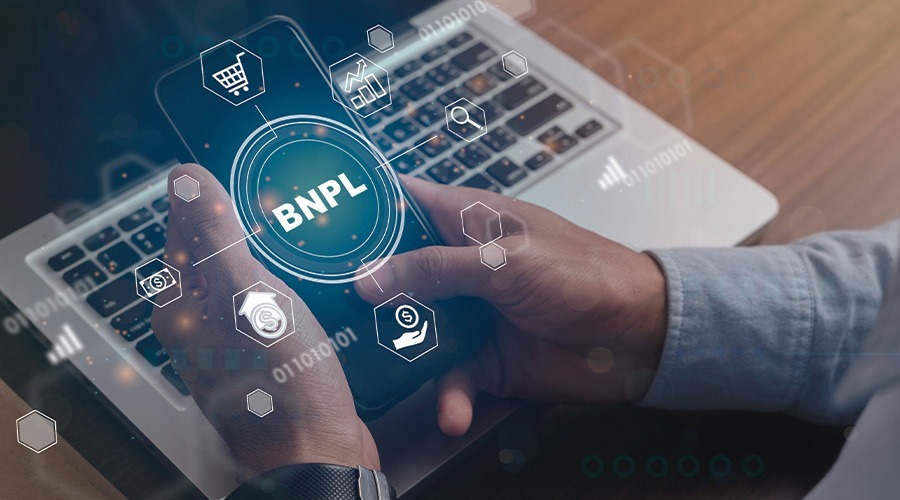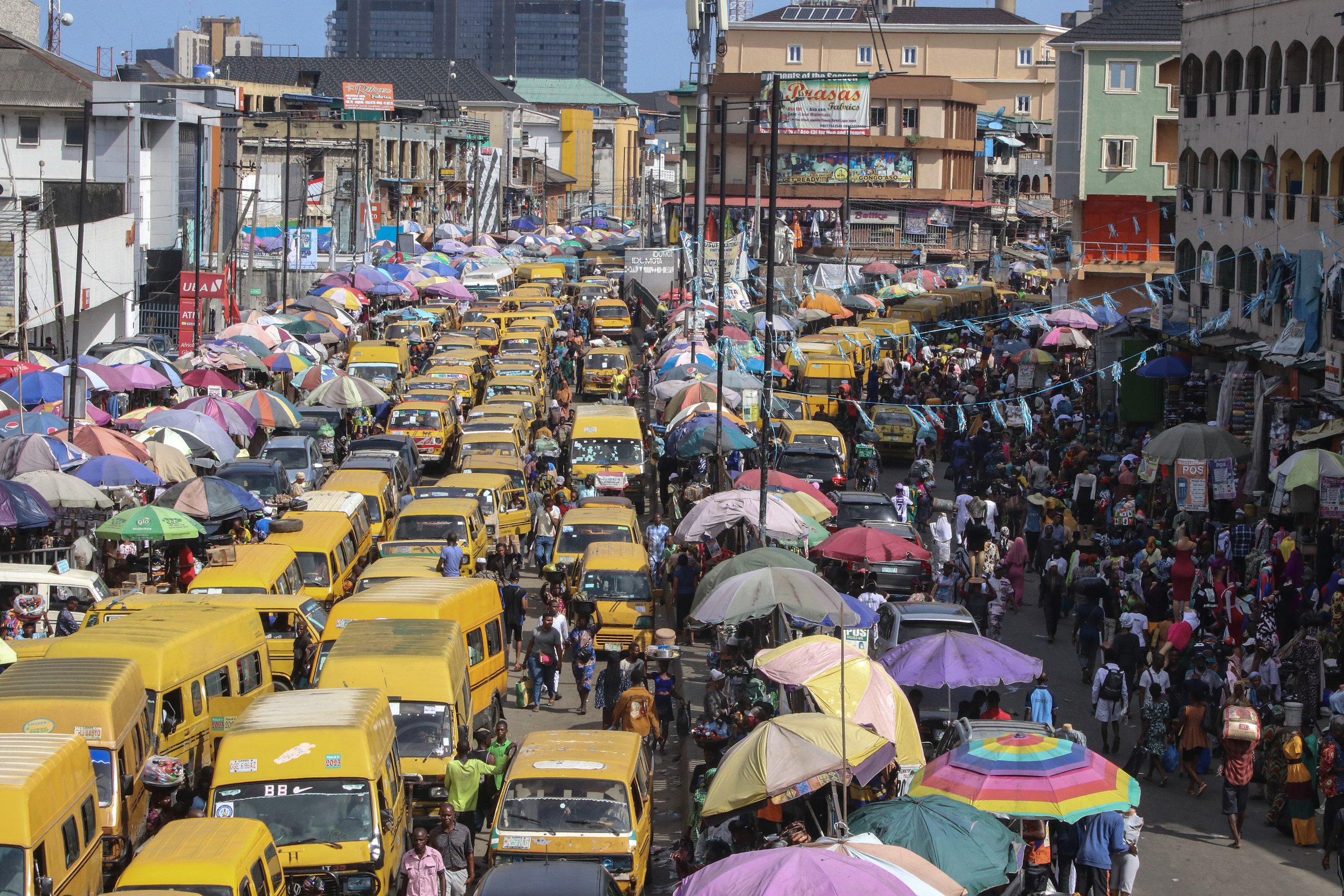In January 2022, when the TC insights team held their first meeting to discuss the Future of Commerce (FOC) event, they weren’t certain about many things. Of course, they couldn’t have been prescient enough to tell that BOJ, one of Nigeria’s pioneering alte musicians, would grace the FOC stage for 20 minutes and get techies grooving to soft palm wine music, swinging hands and hips to the afro-soul rhythms that filled the Balmoral Convention Centre last Friday.
Like everyone else who would later make it to the event, the planning team was certain about only one thing: Commerce in Africa was rapidly changing, and they would make themselves available to contribute to the variegated conversations around it. Perhaps, the most unprecedented of these changes is that Africans, who have stigmatised credit for as long as this writer can remember, are now opening their arms to it. Simply put, Africans are now buying items at will and paying for them later.
As true as it is that buy-now-pay-later (BNPL) has seen a surge in Africa over the last few years, the reality is that credit buying has since been a norm, even before the term BNPL was coined and adopted at scale. As Chijoke Dozie, Carbon’s CEO and co-founder, put it at FOC’s BNPL session, anytime a customer does not pay on the spot for a good or service rendered, that’s BNPL, and that’s always existed in Africa. “What we, the bigger players, are doing now is democratising credit at scale. Credit on steroids, basically,” he said.
Africa is a really complex market, but don’t take my word for it. Numerous product managers in key markets across Africa share this sentiment. They all agree that global products must be creatively customised to the behaviours of Africans if they will flourish here. Well, as far as BNPL is concerned, they’re right. Ongoing research by the TC Insights team reveals that Africans are not as credit averse as most people think. Africans are disposed to credit but only for necessary purchases like phones and devices, not for products that are perceived as an increase in the quality of life
BNPL is not the first time Africans are opening up to digital lending services. Mobile-based money lending was the first to make its mark on the continent. Presented as a saviour from the hell of requirements required by traditional credit givers, digital lending took off quite well, but it didn’t take long for customers to find themselves entangled in lakes of debt and whips of debt-shaming practices by digital lenders. It got so bad in Kenya that the government had to start the industry from scratch, requiring all digital lenders to register afresh with stricter regulations and oversight from the Central Bank of Kenya. This brings me to an important question: is there a chance for BNPL to toe the path of digital lenders in Africa? Well, yes, if the right measures aren’t taken early.

The BNPL panacea: community, collateral, and data
If BNPL products will avoid the unsavoury path of many digital lenders in Africa, they must borrow some tricks from the playbook of those who’ve hacked the business of lending: traditional banks and cooperatives. Lending is quite simple for banks: customers must be extensively known, and equivalent collateral (or a guarantor) must be collected before fund disbursement. Cooperatives, on the other hand, take a different approach to KYC. Instead of banks’ arduous documentation, they leverage their members’ intensely interconnected communities to determine creditworthiness and ensure repayment of loans.
It seems, after all, that these older players were able to find the best practices for lending. Community is the best form of KYC in the world, as it offers deeper details than customers could give about themselves. Also, the herculean documentation by banks provides enough data points to assess creditworthiness.
The success of BNPL products in Africa would then require a blended solution that can digitise community and creditworthiness of users. Data must take a leading role in this too, as it would help in analysing customers from their first touchpoint with BNPL firms. This is where credit bureaus like Egypt’s I-Score, Kenya’s Credit Info, and Nigeria’s Credit Bureau Limited come in. By partnering with banks, SMEs, and other credit players within their reach, these credit bureaus can build effective credit checking systems that are accurate and accessible to credit-based businesses.
However, credit bureaus must not stand alone in this. Several startups in the credit space have built proprietary systems for assessing creditworthiness. They too must collaborate with the larger ecosystem to build a robust infrastructure for Africa’s BNPL players. It’s a dream possible through concerted efforts and innovative technology. It is how Africa can hack this BNPL thing for life and ensure it does not lead to an unhealthy situation of overflowing personal debts—a situation that seems quite possible when considering Africa’s relatively low purchasing power.
So, could BNPL be the next paradigm shift in Africa’s commerce space? We will have to wait and see. But Africans are certainly in dire demand of credit services. Tsakane Ngoepe, director of strategic finance, M-KOPA, captured this in her panel session at the Future of Commerce.
“Africans generally have a low purchasing power. To make big purchases, they mostly need to save or access cedit, and this reality presents a large opportunity for BNPL players on the continent,” she said.
“The challenges that face BNPL’s continental expansion include last mile distribution issues, data management concerns, and standard KYC measures. For us at M-KOPA, outsourcing KYC helps us to ensure that our customers are who they say they are,” she added.
Indeed, many Africans are already frequent users of BNPL products, but the trend is yet to take deep roots in African commerce. To get there, credit players must have access to a war chest of capital, collaboratively cancel credit-shaming, and optimise their KYC and distribution processes. When this is done, then maybe we can begin to imagine an Africa where it is possible to access quality education, standard health care, and core life needs on credit.
In that future, more Africans will be able to live life on their terms and afford things that are important to them because they will be able to buy items and services at will. And pay for them later.




















